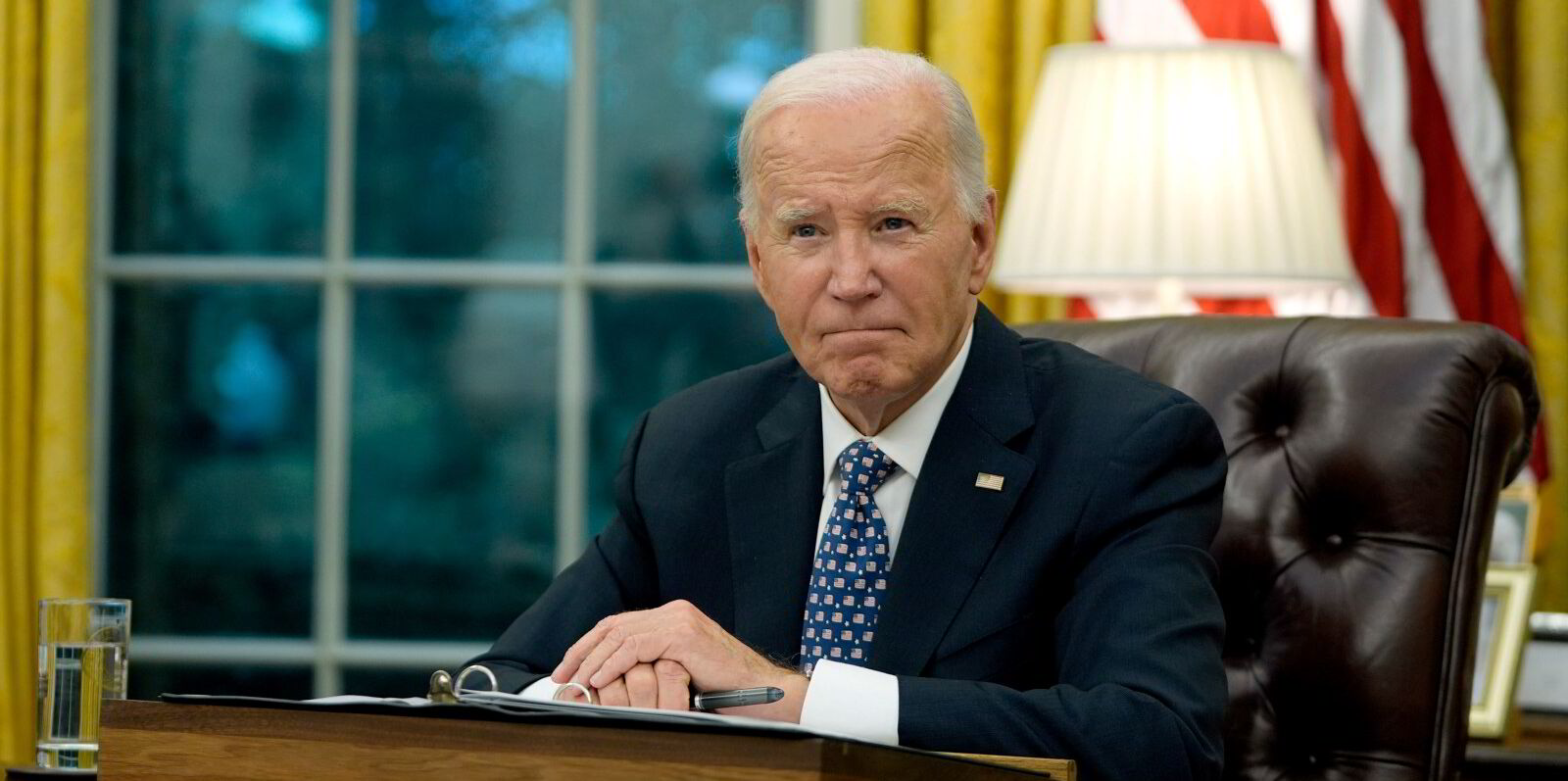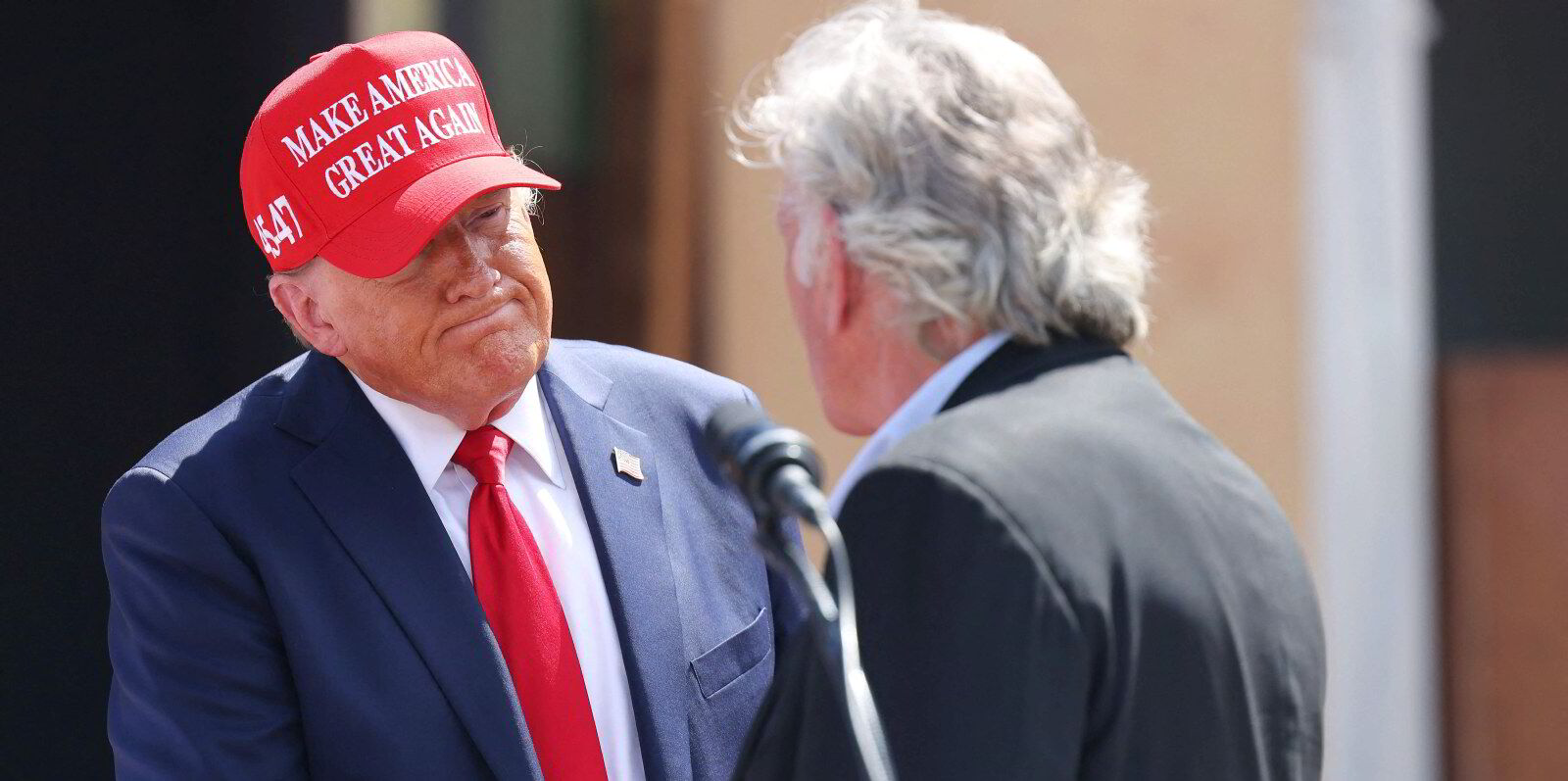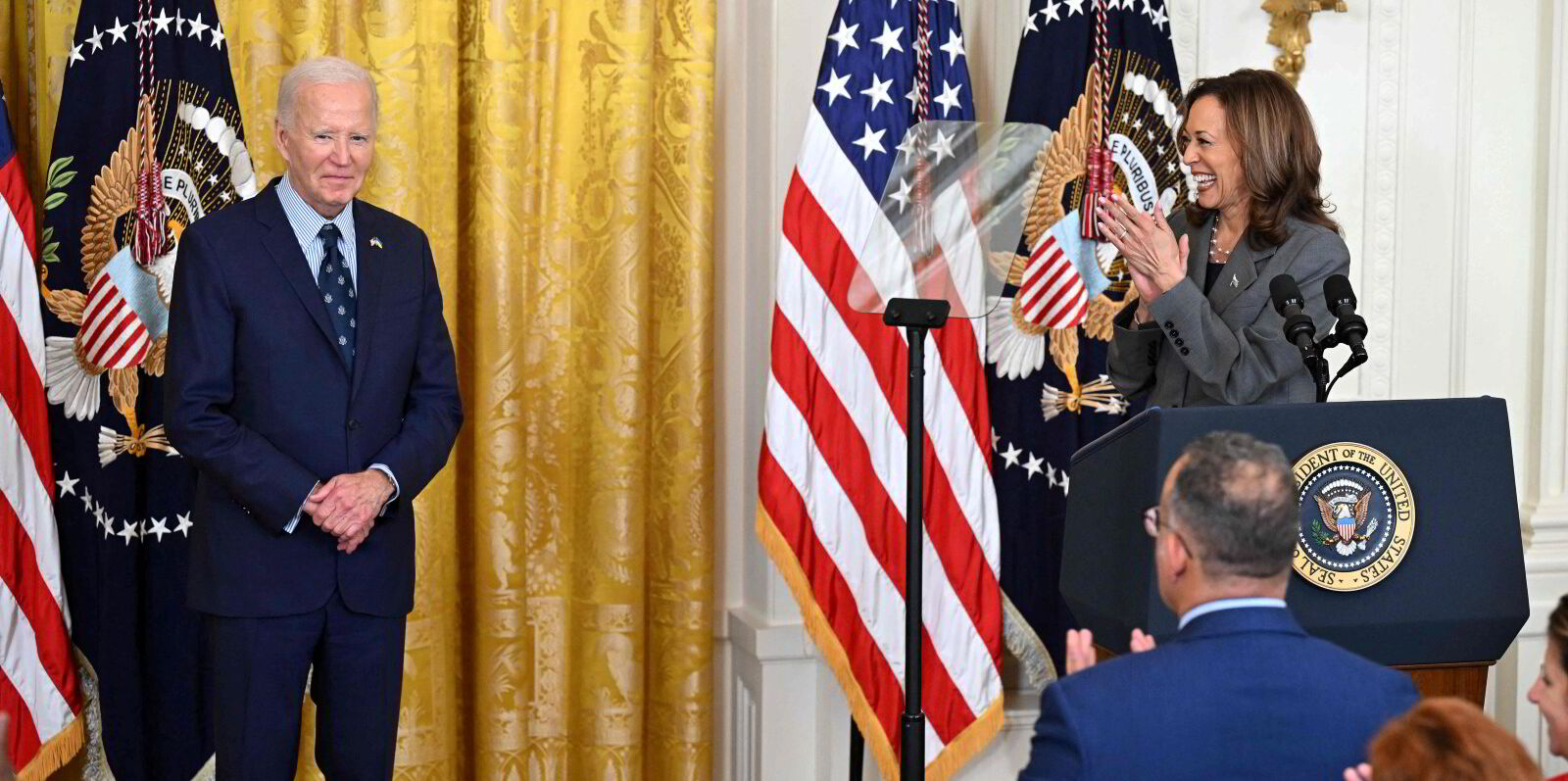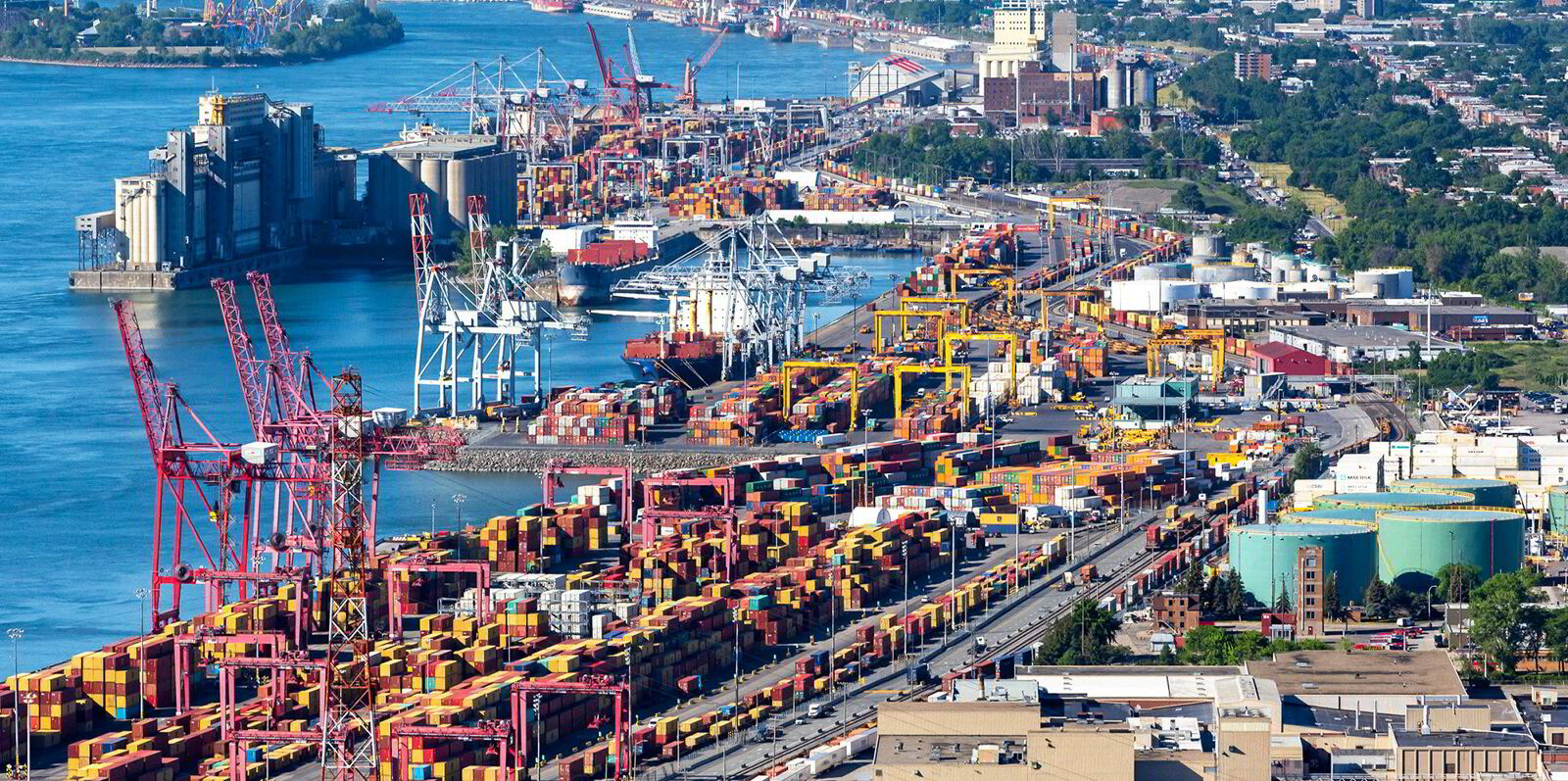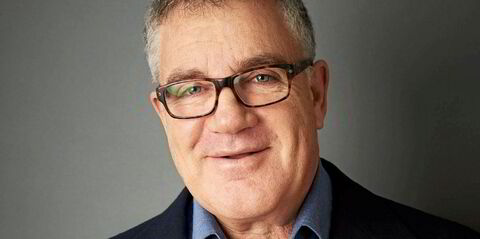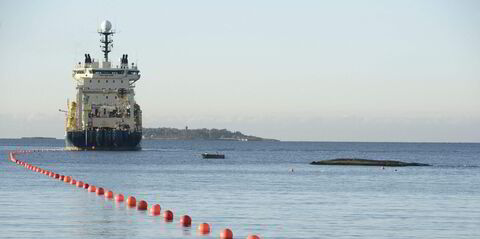In a tradition of American journalism, reporters threw questions at President Joe Biden as he boarded Air Force One.
One asked why he would not intervene in a strike about to sweep across ports from Maine on the East Coast to Texas on the Gulf of Mexico.
“Because there’s collective bargaining, and I don’t believe in Taft-Hartley,” he said as his plane sat on the tarmac at an Air Force base near his Delaware home.
He had drawn a red line. The US president does not believe in the law — the Taft-Hartley Act — that gives him the power to end the crisis that could snarl supply chains and raise consumer prices.
Did Biden just paint himself into a corner?
After all, he has expressed categorical opposition to an arrow in his quiver — a tool he may one day need to use if the economic impacts of the port strike outweigh his support for unions.
The complex political calculus of this moment in American history makes this a difficult question to answer.
For a president who once said he wanted to be the most pro-union of presidents, it is not hard to understand why the Taft-Hartley Act is distasteful — even anathema.
Strikes across the nation
Passed in 1947 with enough votes in Congress to override the veto of then-president Harry Truman, the law was an effort to limit union power amid a wave of strikes sweeping the country.
The law allows Biden, in certain circumstances, to declare a cooling-off period that lasts 80 days, which would require the dockworkers of the International Longshoremen’s Association to return to work to allow for further negotiation.
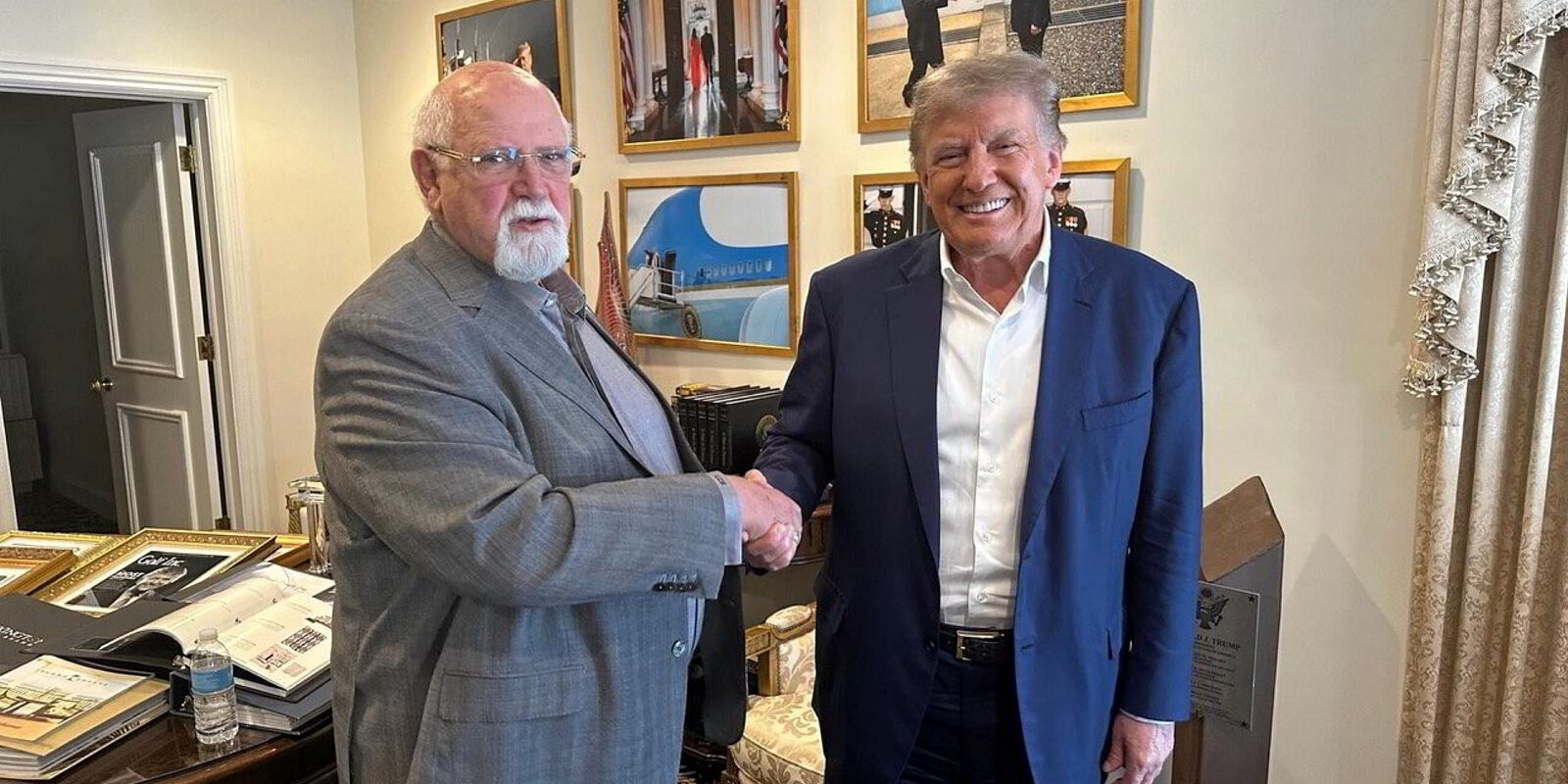
There is precedent to use it in a labour dispute at the docks.
Then-president George W Bush invoked the Taft-Hartley Act to end an 11-day shutdown of the US West Coast ports. But in that case, it was not a strike; the employers locked out dockworkers.
This strike started on Tuesday with just over a month to go before Americans go to the polls to choose between Biden’s vice president, Kamala Harris, and former president Donald Trump. (In fact, some states allow early voting as soon as next week.)
Both sides of the contest want to court unions.
Biden made his preference clear on Monday when he urged the US Maritime Alliance, the employers’ group known as USMX, to raise wages for the dockworkers.
He even couched the dispute as a labour fight between “foreign carriers” with fat pockets and American dockworkers.
“My administration will be monitoring for any price gouging activity that benefits foreign ocean carriers, including those on the USMX board,” Biden said in a thinly veiled threat.
Even though Republicans have not traditionally been politically aligned with unions, Trump painted them as the victims — and blamed the current government for the strike.
Blaming the ‘Harris-Biden’ regime
“The strike was caused by the massive inflation that was created by the Harris-Biden regime,” Trump told Fox News Digital.
“Everybody understands the dockworkers because they were decimated by this inflation, just like everybody else in our country and beyond.”
His invocation of inflation gets to the heart of the complexity of this election.
Amid all the challenges facing a polarised America, there is one thing that nearly everyone agrees on.
Polling by the Pew Research Center found that 81% of registered voters say the economy is very important in the upcoming election — making it by far the most important issue.
So as the strike drags on, the economic impact of the port shutdown could start to weigh on the candidates. Estimates of the hit to the economy range from $300m to $5bn per day.
Trade groups — including the US Chamber of Commerce, National Retail Federation and the National Association of Manufacturers — have called on Biden to invoke the Taft-Hartley Act and have painted a dire picture of the impact.
ILA president Harold Daggett has left no doubt that economic consequences are in the union’s mind as its members stand at the picket line.
In a video, he said the strike would dominate the news cycle for a week, before layoffs at car dealerships and shuttered shopping malls started to hit the headlines.
Crippling blow?
“I’ll cripple you,” he said.
Time will tell whether there is a point at which the crippling blow will begin to change political calculations.
